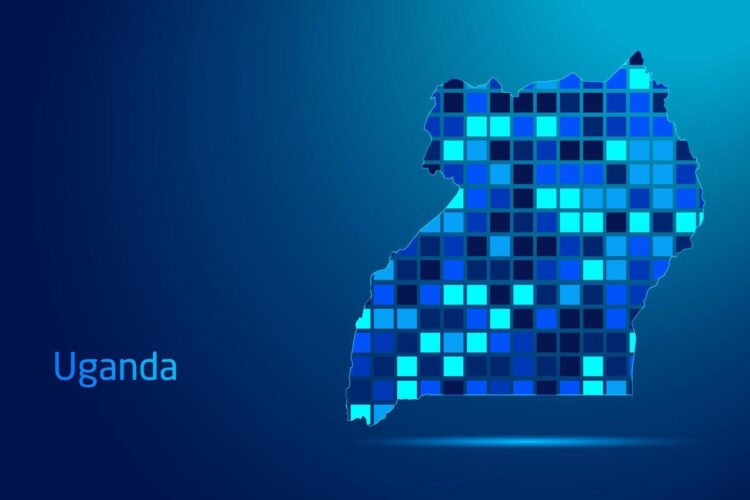As Uganda embraces a digital-first future, anxiety is growing among elites, students, and academics who worry about being swept away by technology’s relentless tide. This unease, dubbed Digital Forbia, captures the fear of living in a world where opting out of technology is no longer possible.
From Kampala to Entebbe, the digital conversation is unavoidable. Government is pushing for e-services, universities are moving classrooms online, and young graduates are being told the future lies in artificial intelligence, fintech, and cloud computing. But beneath the optimism, doubts remain.
Global technology leaders have long cautioned against blind adoption. Tesla boss Elon Musk has insisted that “AI is far more dangerous than nukes,” while Bill Gates has admitted that “the advent of AI brings both opportunities and challenges that must be managed wisely.”
Their fears are echoed locally. Speaking at the just concluded 16th Inter-University Council of East Africa’s Annual Conference in Kinshasa, DRC, Prof. Jude Lubega, the Vice Chancellor of Nkumba University and a professor of ICT, said, “Our economy is digitizing faster than our people are skilling up. We risk creating a class of spectators in our own digital revolution.”
He urged academic institutions to embrace technology responsibly, noting that this would enable them to produce graduates well-prepared to meet the digital demands of today.
For Uganda’s youth, the largest demographic, the digital wave is both thrilling and threatening. The World Economic Forum estimates that “by 2025, 85 million jobs may be displaced by a shift in the division of labor between humans and machines, while 97 million new roles may emerge.”
But on the ground, students remain nervous. A Mukisa Isaiah, a Nkumba University finalist, lamented at an eLearning clinic, “We are told to learn coding, data analytics, and digital marketing, but nobody tells us how to afford the devices or the internet to keep up. It feels like the digital world is for the rich.”
High data costs, erratic electricity, and device affordability continue to hamper access. According to the Uganda Communications Commission, only about half of Ugandans are active internet users, leaving millions out of the digital conversation.
The education sector has become a key testing ground for digital adoption. During the COVID-19 lockdowns, Nkumba University accelerated its investment in e-learning, urging students to embrace the Learning Management System and digital content studios.
Yet, not all have been convinced. Renowned Kenyan scholar Prof. Herman Manyora argued that “online education may deliver content, but it cannot replicate the richness of human interaction in a classroom.” Canadian educationist Dr. Tony Bates added that “online learning is not a panacea, and if badly designed, it can do more harm than good.”
At Nkumba, some students complain of unstable connections during lectures, while others welcome the flexibility. “I can attend a lecture from the village if I have bundles,” one student said. “But it’s not the same as sitting in class and debating with my classmates.”
The government’s Digital Uganda Vision promises a “digitally empowered society and knowledge economy” by 2040, with internet access expanded to most institutions. The National Information Technology Authority (NITA-U) has extended backbone infrastructure to more districts, but experts argue that without lowering data costs, students will remain locked out.
For academics, the challenge is designing a blended system that retains the mentorship and discipline of traditional classrooms while leveraging digital access. For the youth, the priority is acquiring the skills needed for jobs that may not yet exist.
In the end, “Give me digital, give me death” is not a rejection of technology, but a cry of anxiety. It is the fear of being left behind in a world where technology dictates access to work, education, and opportunity.
As Uganda accelerates its digital journey, the task ahead is to ensure no one is excluded. For Nkumba University and other institutions, this means striking a balance between innovation and inclusion. For Government, it means making the internet affordable and reliable. For young people, it means equipping themselves with skills that will outlast the machines. Because in the digital age, survival is not about choosing whether to plug in, but about learning how to thrive once you are connected.






















Discussion about this post